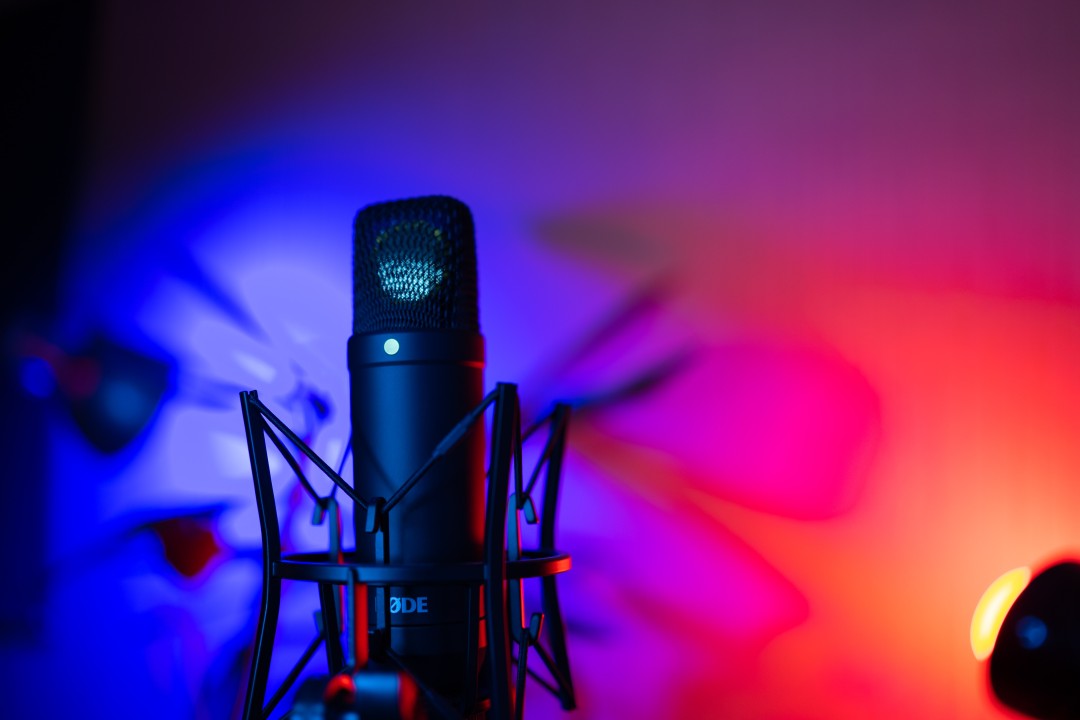Interview Techniques: Engaging Guests for Your Podcast
Interviewing guests is a cornerstone of podcasting, offering unique insights, diverse perspectives, and captivating storytelling opportunities. Whether you're a seasoned podcaster or just starting out, mastering interview techniques is essential for creating compelling content that resonates with your audience. In this comprehensive guide, we explore effective strategies, preparation tips, and interview techniques to engage guests and elevate the quality of your podcast episodes.
Importance of Effective Interview Techniques
Interviews bring depth and variety to your podcast content:
- Expert Insights: Guests provide specialized knowledge and perspectives on relevant topics.
- Audience Engagement: Interviews attract new listeners interested in your guest's expertise or story.
Preparing for the Interview
1. Research Your Guest
- Background: Understand your guest's background, achievements, and areas of expertise.
- Previous Work: Familiarize yourself with their past interviews, publications, or notable contributions.
2. Define Interview Objectives
- Goals: Clarify what you aim to achieve through the interview (e.g., educate, entertain, inspire).
- Key Questions: Prepare a set of questions that align with your podcast's theme and audience interests.
3. Establish Rapport
- Initial Contact: Introduce yourself and your podcast, emphasizing the value of their participation.
- Icebreakers: Start with casual conversation or common interests to build rapport and ease into the interview.
Conducting the Interview
1. Active Listening
- Engagement: Stay attentive to the guest's responses, asking follow-up questions to delve deeper into their insights.
- Non-verbal Cues: Use affirmative gestures or verbal cues (e.g., nodding, "I see," "Interesting") to signal active listening.
2. Ask Open-Ended Questions
- Encourage Elaboration: Pose questions that prompt detailed responses, allowing guests to share their expertise or personal experiences.
- Avoid Yes/No Questions: Instead, ask questions that begin with "how," "why," or "tell me about."
3. Balance Structure and Flexibility
- Interview Flow: Maintain a loose structure while remaining adaptable to follow interesting tangents or insights.
- Time Management: Keep track of time to cover essential topics without rushing or cutting short valuable discussions.
Enhancing Interview Dynamics
1. Respect and Authenticity
- Professionalism: Treat guests with respect, maintaining a professional demeanor throughout the interview.
- Authenticity: Be yourself and foster an authentic conversation that showcases your curiosity and genuine interest.
2. Manage Difficult Situations
- Navigating Challenges: Address disagreements or sensitive topics diplomatically, steering the conversation back to productive ground.
- Time Constraints: Politely guide the interview towards closure if time constraints become apparent.
Post-Interview Follow-Up
1. Express Gratitude
- Thank You: Send a personalized thank-you note or email expressing appreciation for their time and insights.
- Feedback Request: Invite guests to provide feedback on their interview experience to improve future interactions.
2. Episode Promotion
- Preview: Share a preview or teaser of the episode with your guest to encourage anticipation and engagement.
- Cross-Promotion: Collaborate with guests to promote the episode on their social media platforms or networks.
Leveraging Technology and Tools
1. Recording Software
- Quality Assurance: Use reliable recording software to ensure clear audio quality and minimize technical issues.
- Backup Plan: Have a backup recording method or platform in case of unexpected technical failures.
2. Editing and Production
- Enhancement: Edit the interview to enhance clarity, remove pauses, and optimize audio quality.
- Incorporate Elements: Integrate intro/outro music, sound effects, or additional context to enrich the listener experience.
Effective interviewing is an art that requires preparation, active listening, and the ability to foster meaningful conversations. By mastering these interview techniques—such as thorough preparation, active listening, open-ended questioning, and respectful engagement—you can create engaging and insightful podcast episodes that resonate with your audience and elevate your podcasting endeavors. Embrace each interview as an opportunity to learn, connect, and showcase the expertise and stories that captivate listeners, establishing your podcast as a trusted source of valuable content in your niche.









































